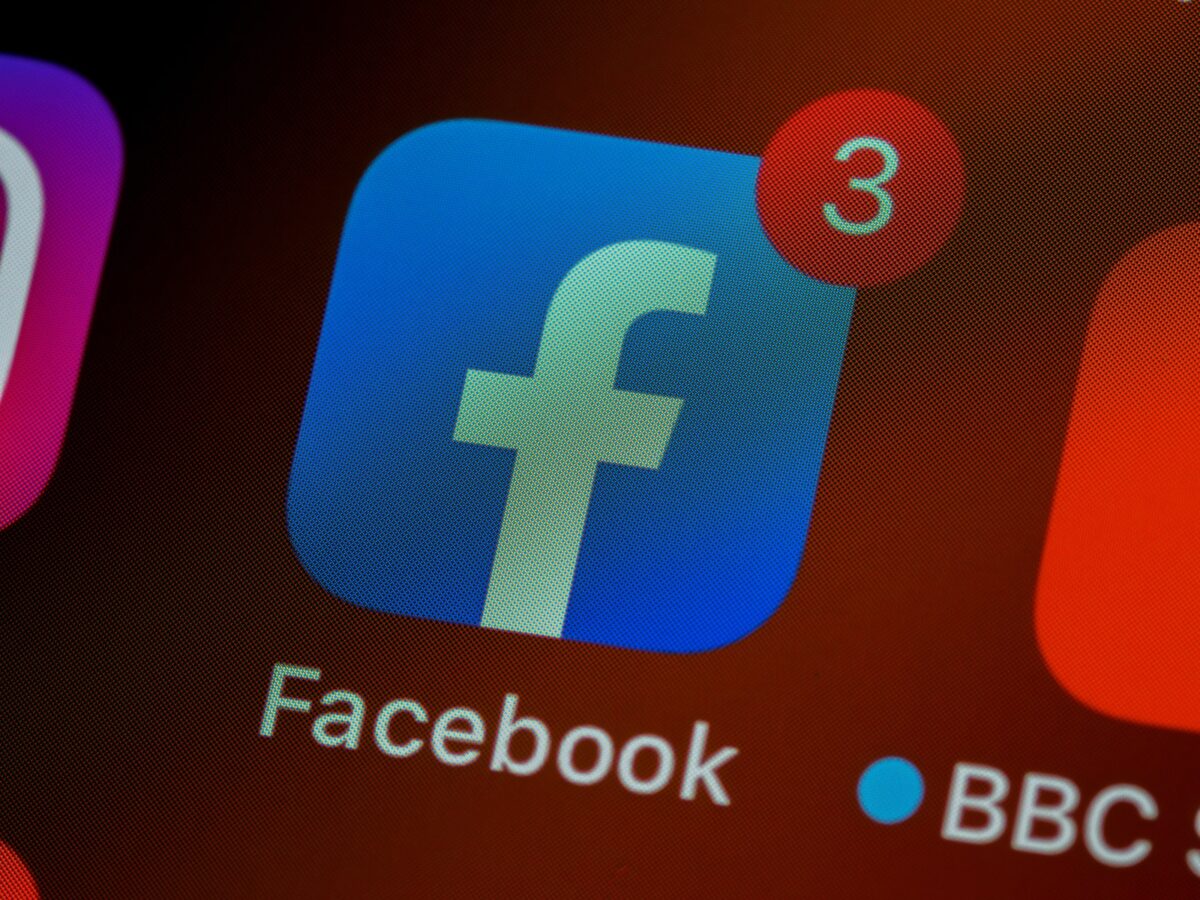Kelli Ballard
libertynation.com
National Correspondent at LibertyNation.com. Kelli Ballard is an author, editor, and publisher. Her writing interests span many genres including a former crime/government reporter, fiction novelist, and playwright. Originally a Central California girl, Kelli now resides in the Seattle area.
There was a bit of a panic on Monday, Oct. 4, as Facebook and its sister apps went down for several hours – causing chaos for many of the social media giant’s business users. The worldwide outage separated millions (billions?) of users from Facebook, Messenger, WhatsApp, and Instagram. But what caused the downtime, and how badly did it affect the world? Was it human error, a coincidence, or something more sinister?
Facebook had to make its announcement using rival Twitter to let people know it was aware of the problem and working on it. That “problem” lasted six or so hours, and all kinds of theories floated across the internet as to what caused the shutdown.
In a blog post announcing that services were back online, the social media platform revealed:
“Our engineering teams have learned that configuration changes on the backbone routers that coordinate network traffic between our data centers caused issues that interrupted this communication. This disruption to network traffic had a cascading effect on the way our data centers communicate, bringing our services to a halt.”
The issue affected the system by which networks communicate, called Border Gateway Protocol (BGP), as well as the DNS, the domain name system that connects web browsers. According to Krebs on Security, the error likely revoked “key digital records that tell computers and other Internet-enabled devices how to find these destinations online.”
As cybersecurity writer Brian Krebs explained:
“… Facebook took away the map telling the world’s computers how to find its various online properties. As a result, when one types Facebook.com into a web browser, the browser has no idea where to find Facebook.com, and so returns an error page.”
Doug Madory, the director of internet analysis at Kentik in San Francisco, CA, suggested the error was human related and caused by someone inside the company.
Theories Galore
Sabotage?
There are plenty of dissatisfied people who were only too happy to see the social site go down, if you believe the comments on Twitter. Recently, a whistleblower surfaced to expose materials and internal documents that allegedly prove Facebook puts its profits over the safety of its users. On Oct. 3, Frances Haugen revealed her identity on 60 Minutes and her reason for spilling the beans: She wants to see the site federally regulated so the company will not be able to allow content she sees as misinformation and abuse to continue. According to a quote from one of the pilfered documents:
“We have evidence from a variety of sources that hate speech, divisive political speech, and misinformation on Facebook and the family of apps are affecting societies around the world.”
At this point, most official opinions point to an internal error, that an employee did something wrong with the coding. Was this another disgruntled worker ready to expose the company further? Or was it, in fact, just an error?
Coverup?
Of late, CEO Mark Zuckerberg has been receiving negative attention regarding his trillion-dollar company. Remember in 2019 when liberals were up in arms and wanted to #deletefacebook because he was dining with conservatives? He’s been in the hot seat testifying before the Senate, and at every turn he has had to defend himself and his business.

(Photo by Hakan Nural/Anadolu Agency via Getty Images)
On Twitter, users suggested the worldwide outage was nothing more than a coverup because of the highly suspicious timing, just hours after the whistleblower appeared on national television. One poster claimed it was a ruse so that the social media site could get rid of “evidence” of wrongdoing; others just consider Facebook, in its entirety, a sham.
The Fallout
It wasn’t just the world separated from Facebook; the company’s employees were shut out, too. Because the security codes and internal information systems are run within the company, emails, messages, and even employee badges weren’t working. Personnel could not even get into the buildings. This might offer some credence to the theory of eliminating proof of mismanagement, right? Employees couldn’t get into the offices so they didn’t know what was going on.
However, the fact that Zuckerberg lost $6 billion in just a few hours throws a curveball into that suspicion. According to Bloomberg:
“A selloff sent the social-media giant’s stock plummeting 4.9% on Monday, adding to a drop of about 15% since mid-September.
“The stock slide on Monday sent Zuckerberg’s worth down to $121.6 billion, dropping him below Bill Gates to No. 5 on the Bloomberg Billionaires Index. He’s down from almost $140 billion in a matter of weeks, according to the index.”
So was it human error, sabotage, or a coverup? We may never know for sure. But a day away from Facebook and Instagram may have been a good thing for many people who then had to concentrate on other activities. For sure, comments on the rival Twitter site generated some chuckles. Even Hollywood had to get in on the fun with game show host Pat Sajak saying: “I can’t believe Facebook engineers just called me for advice. I told them their call was important to me, and then I put them on hold and went to the mall.” Twitter CEO Jack Dorsey threw in his own dig, typing, “hello literally everyone.”
When images of the Facebook web address for sale started spreading across the internet, even more humor followed. Obviously, the domain wasn’t really for sale, but it does make one wonder how much it would have sold for – and who would have bought it.
Please share this article so that others can discover The BFD.

